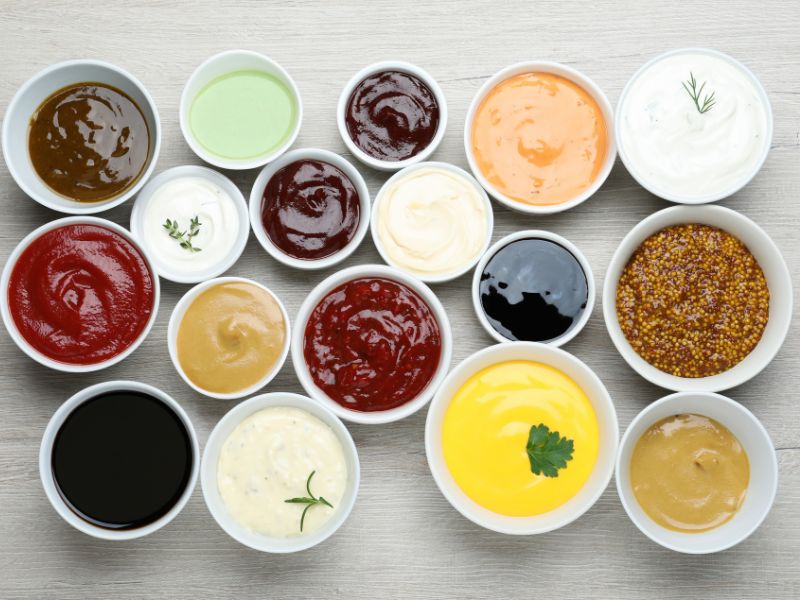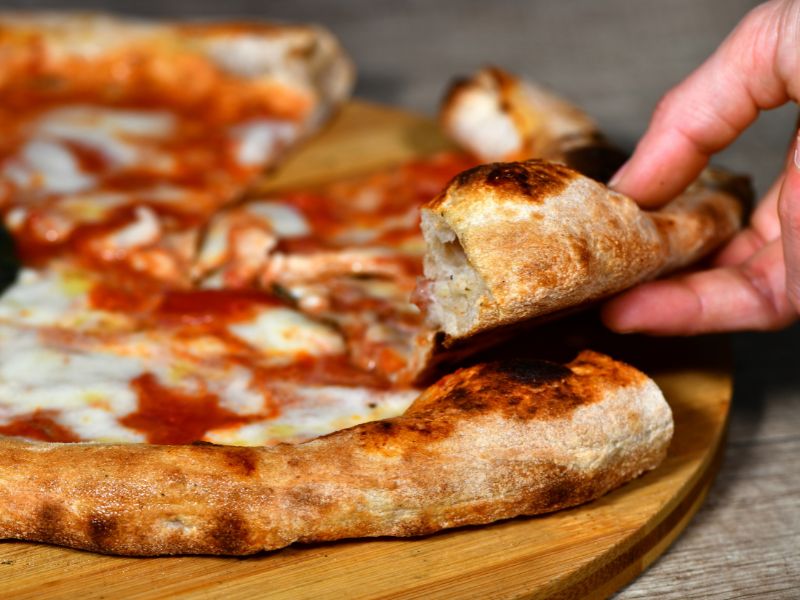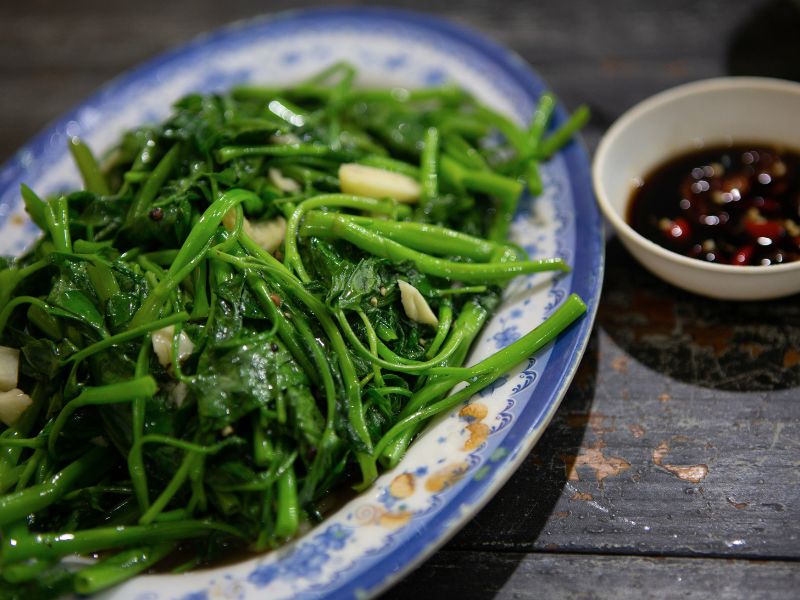On two different occasions, and framed by a lush technicolor backdrop, Tony Schmidt has served green jacket-quality meals as a guest chef at the Masters Tournament in Augusta, Ga. It’s safe to say, the man knows a thing or two about providing an elevated experience.
“When we’re talking fine dining,” he said, “I think it comes down simply to high-quality ingredients, and the service has to match — the front-of-the-house should be just as excited about the food as the back-of-the-house.
“Fine dining sometimes has a connotation that it’s overly expensive and stuffy, and it really doesn’t. I mean, now you’re seeing Michelin-star food stands and food halls. No matter the type of restaurant, there’s an opportunity to kind of try new things.”
Sustain Quality
A central part of that experience is a passion for how your food is sourced and a responsible approach to its cultivation.
For Chef Tony, a corporate executive chef and culinary consultant at Performance Foodservice – Milton’s, where he supports an expert team fanning out across the southeast from Georgia to South Carolina and Alabama — understanding where their food comes from can help guests better connect with the meal.
“For me, being from the South, I think pork is wildly underutilized,” the chef explained. “Our Allegiance® Pork is produced by small family farms, so it’s a very consistent product, and one that a restaurant can make a good profit margin on.
“Or Bay Winds® Scallops,” he continued, “They aren’t treated with chemical additives that tend to increase their water content. They’re not going to shrink, and they’re very easy to sear; but, you know, they can also be diced, sliced, or fried for appetizers with excellent price points.
“I cook with Bay Winds Chilean Sea Bass quite a bit, a type of catch which has become much more sustainable in fishery practices, and we recently launched Bay Winds Wild-Caught Orange Roughy, which is making a comeback in kitchens. Our shrimp program is great as well, because they also have no added phosphates — they don’t shrink; they stay nice and moist.”
The Case for Lower Waste
According to Chef Tony, whose in-depth foodservice experience extends throughout hospitality, healthcare, and bakery manufacturing, sustainability is not just about responsible environmental stewardship — keep in mind that many elevated products are produced and portioned to reduce waste, ultimately lowering costs for your kitchen.
“On the beef side, that guaranteed Braveheart® trim virtually makes it ‘steak ready’ for a ribeye or a strip,” he said. “Not only saving you on cost, but labor too.
“On the seafood side, the Bay Winds Faroe Islands Salmon being portion cut, so you can cross-utilize it in different ways. Being able to use those portions, especially if you don’t have anyone who knows how to do butchery — so normally you may end up with more product left on the bone, more waste — can be huge for your bottom line.”
And crucially, having a few talking points on menus or your website about inventory and waste practices can make guests feel that by dining with you, they’re doing their part as well.
Elevate Expectations
With the right products, you have the ability to subtly change how diners perceive your restaurant. Chef Tony described a party with competing tastes going out to dinner together. “Somebody might want a steak, someone might want a burger,” he explained. “So, I think restaurants have any opportunity to add just a bit of that finer dining experience, maybe a little more elevated value.
“On the Latin side, you could do Empire’s Treasure Scallops with a little salsa verde — very easy to do, easy to execute. With Italian, it doesn’t have to be, you know, just variations of your house spaghetti. You could serve a Mediterranean-style Grouper Pomodoro special for a limited time, and that will give the public a little bit of a different view of your menu.
“People are more conscious than ever of where their food’s coming from,” Chef Tony said. “Have your front-of-house staff give them some information about the animal husbandry process behind Braveheart Black Angus Beef, or Allegiance Pork, or your fresh seafood program.
“You know, it’s the concept that while we’re nourishing people here with food now, we’re also taking care of the future.”



